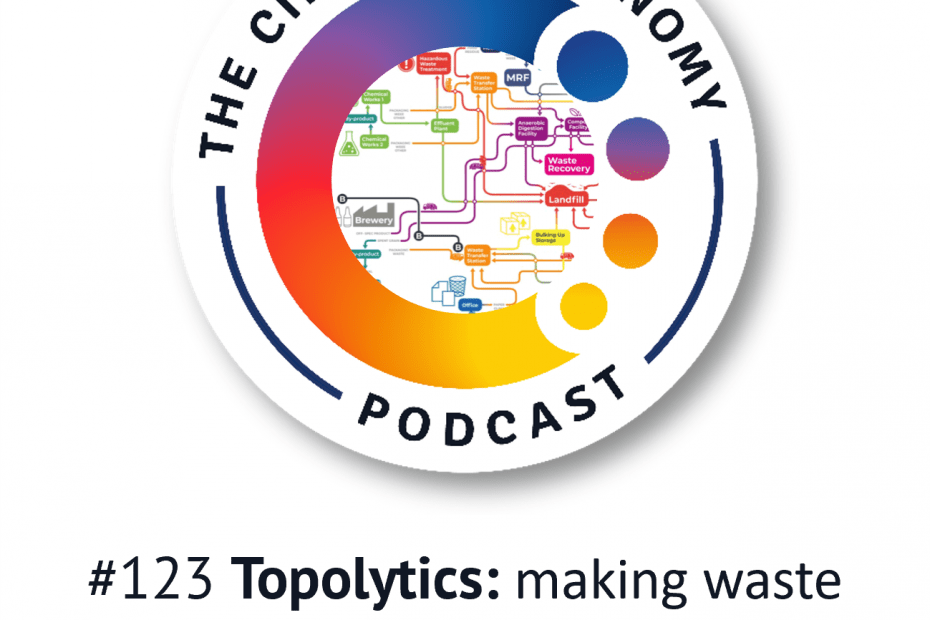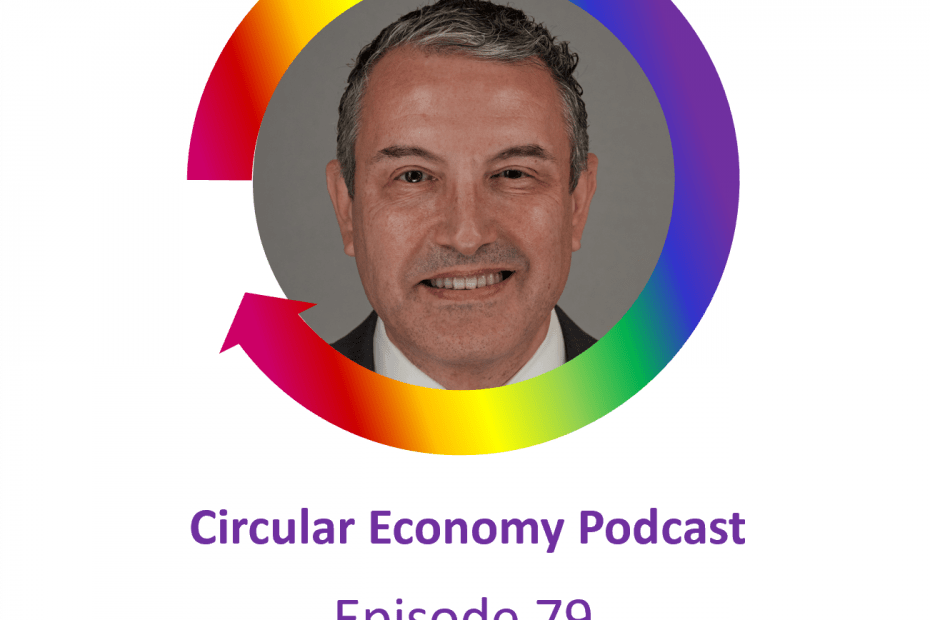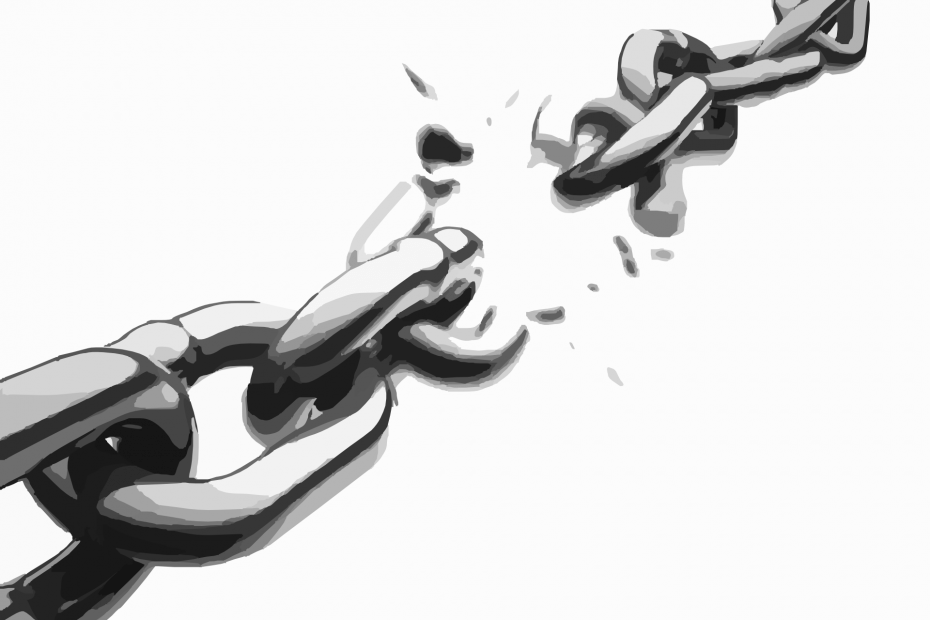123 Topolytics: making waste visible, verifiable and valuable
We explore why it’s important for business to map, and understand their waste flows: what it is, specifically; where it comes from and goes to; how much there is – and why!; and to understand the opportunities for wasting less and circulating more value.
Topolytics is a data analytics business that is making the world’s waste visible, verifiable and valuable.
Michael Groves and Fleur Ruckley explain how data analytics, mapping and machine learning can make waste and resource management more transparent, efficient and effective, both commercially and environmentally.
Founder and CEO Michael Groves is a geographer with a PhD in aerial and satellite earth observation. Michael has over 20 years’ experience in environmental management and sustainability reporting.
Fleur Ruckley is Topolytics’ Head of Implementation, using Topolytics’ WasteMap® platform to generate actionable waste and resources analytics for clients and their supply chains.
Fleur has a degree in Natural Sciences and a Masters in Environmental Management, and has worked in the charity, public and private sector supporting organisations, communities and schools to develop and implement sustainable and circular policies and practices. Fleur is a Chartered Waste Manager and is a member of the Circular Economy Steering Group for the Institute for Environmental Management & Assessment.
Leveraging Topolytics waste map means companies can identify areas for improvement, such as preventing or reducing the waste or by re-designing processes and products, to support reuse and to achieve more efficient and sustainable outcomes.
Mike explains how those sectors with significant waste generation are showing increasing interest in this. Business that understand what materials they produce and consume, can then make better decisions about recovery, reuse and recycling, and Geospatial analysis can help reduce waste by identifying material flow and leakage.
Fleur tells us how companies are starting to see the benefits of using data and modeling to reduce waste in their supply chains, with improvements in ESG reporting, supplier management, and overall performance.
Mike also highlights the potential for industrial symbiosis, using unwanted materials to create resources for another organisation – in other words, new by-products and value opportunities!


